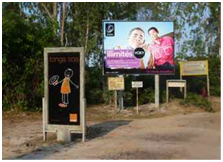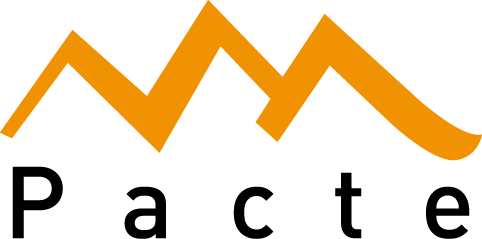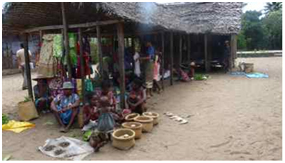 |
The (Mis)Fortune of Frugal Innovation International workshop Grenoble, 28-29 March 2013 |
|
|
|
|
Partners
Presentation Speakers include:
Ade Mabogunje, Center for Design Research - Stanford University Amit Kapoor, Institute fo Competitiveness, India
Catherine Dolan, Saïd Business School, University of Oxford Maria May Seitanidi, Kent Business School
Laurence Fontaine, Maurice Halbwachs Center
Prabhu Kandachar, Delft University of Technology
Peter Knorringa, ISS Faculty
Niveditha Menon, IIITB Bengalore
------------------------------------------------- Does innovation for the poor (still) have a future? Today, what knowledge is associated with innovation for emerging countries? What can we leverage from initiatives which target the very poor populations excluded from essential goods such as energy, health services and housing?
Notions such as “frugal” or “sustainable” innovation rely on a moderated, affordable, eco-aware and inclusive use of both human and material resources. While these notions may draw on different market and political orientations, they all share a common design that demands innovative products and service built on radically new assemblages of technologies (the new mixes of high- and local- technologies) and on new business models (the new relationships among industries and local markets). Innovating for developing countries – and particularily for low-income populations – is full of pitfalls: the barrier of purchasing power, scarce infrastructure, and the difficulty of standardizing offers, organizing distribution networks, industrializing solutions, and building a negotiation space with local institutions. During the last decade, therefore, eminent members of both business schools and international development organizations have explored “strategic” ways to help such markets emerge. This has opened the way to an increase in initiatives taken by private investors, and, most notably, by multinational companies associated with NGOs and development banks (World Bank, Grameen Bank, Bank of Africa). This workshop aims to open up a forum for exchange, reflection and debate gathering experts from the academic area, industry and the field of development (NGOs). The objective is less to collect “success stories” than to enhance mutual knowledge brought about by innovating experiences for or with emerging countries, whatever the issues are. MAIN ISSUES
------------------------------------------------- |





